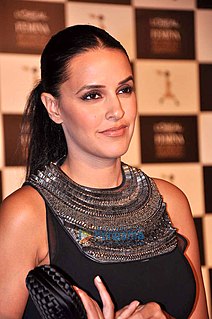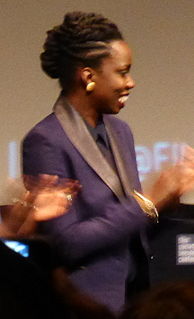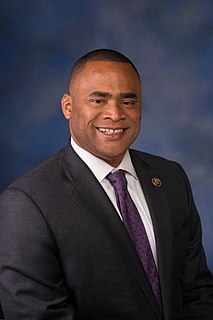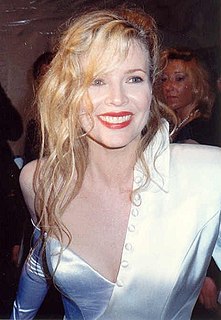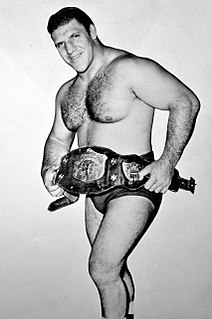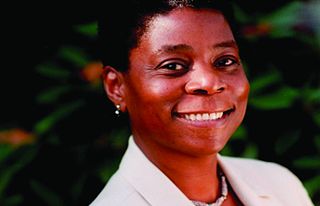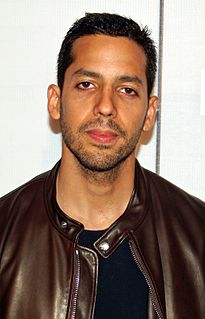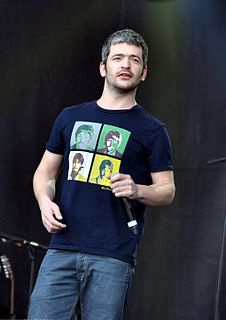A Quote by Neha Dhupia
I have to say that my mother is my real hero. I don't know how she managed two kids in one year - my brother and I are ten months apart. But she did a pretty amazing job.
Related Quotes
I'm in awe of how grounded Ms. Tyson is and how her performances can be different but the same. She can switch up the delivery, but it's still with the right intention. Her words are effortless in terms of their meaning and how she inhabits them. She's been doing Trip to Bountiful for four months, and it still feels real. She's pretty amazing.
My mother graduated from high school in 1969, and on January 3, 1971, she gave birth to me. She was married later that year, but by the time I was 10, she was a divorced single mother of two young boys. To make ends meet, we moved in with my grandparents, who were also housing two of my mother's siblings and their kids.
Mother Teresa was a hero of mine for a long time. I just like the way she took on the world from a very humble place. She has a great quote. When she was leaving her monestary to start Sisters of Charity, she had two pennies. She was asked by a head priest what she could possibly do with two pennies. She said, 'Nothing. But with two pennies and God, I can do anything'.
One thing I did have under my belt was, my mother lost her mother when she was 11. She mourned her mother her whole life and made my grandmother seem present even though I never met her. I couldn't imagine how my mom could go on but she did, she took care of us, she worked two jobs and had four children. She was such a good example of how to conduct oneself in a time of grief. When I lost my husband, I tried to model myself as much as I could on her.
A lot of people say that Eleanor Roosevelt wasn't a good mother. And there are two pieces to that story. One is, when they were very young, she was not a good mother. She was an unhappy mother. She was an unhappy wife. She had never known what it was to be a good mother. She didn't have a good mother of her own. And so there's a kind of parenting that doesn't happen.
My mother was very passionate about life and she would do anything for us. And she had to fight alone to raise us. We never had a lot of money for extras or anything. She had to work six days a week, and then she would do breakfast, lunch and dinner. She was a super-woman! For me, I don't know how she did it with three kids.
My mother was the greatest mother in the world. She thought I was the greatest thing on two feet. I'd come home with a little composition I had written at school, and she'd look at it and say, 'It's wonderful! You're another Shakespeare!' I always assumed I could do anything. It really is amazing how much that has to do with your attitude.
[Short Talk on Sylvia Plath] Did you see her mother on television? She said plain, burned things. She said I thought it an excellent poem but it hurt me. She did not say jungle fear. She did not say jungle hatred wild jungle weeping chop it back chop it. She said self-government she said end of the road. She did not say humming in the middle of the air what you came for chop.
The mother must teach her son how to respect and follow the rules. She must teach him how to compete successfully with the other boys. And she must teach him how to find a woman to take care of him and finish the job she began of training him how to live in a family. But no matter how good a job a woman does in teaching a boy how to be a man, he knows that she is not the real thing, and so he tends to exaggerate the differences between men and women that she embodies.
My mother’s been living alone for over ten years. She gets up at six every morning. She makes herself a coffee. She waters her plants. She listens to the news on the radio. She drinks her coffee. She has a quick wash. An hour later, at seven, her day is over. Two months ago a neighbour told her about your blog, and she asked me to buy her one of those thingummyjigs – by a thingummyjig she meant a computer. And since then, thanks to your trimmings, your ribbon bows, your tie-backs for curtains, she’s rediscovered the joys of life. So don’t tell me you don’t know any answers.
